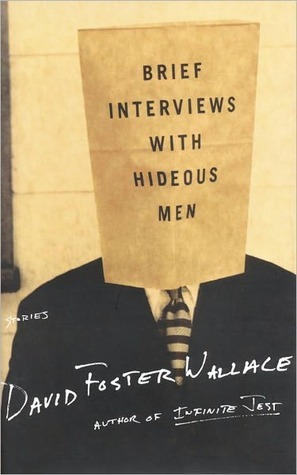You were betting that the queer emergent urgency of the organically unified whole of the octet’s two-times-two-times-two pieces (which you’d envisioned as a Manichean duality raised to the triune power of a sort of Hegelian synthesis w/r/t issues which both characters and readers were required to ‘decide’) would attenuate the initial appearance of postclever metaformal hooey and end up (you hoped) actually interrogating the reader’s initial inclination to dismiss the pieces as ‘shallow formal exercises’ simply on the basis of their shared formal features, forcing the reader to see that such a
...more
Welcome back. Just a moment while we sign you in to your Goodreads account.


